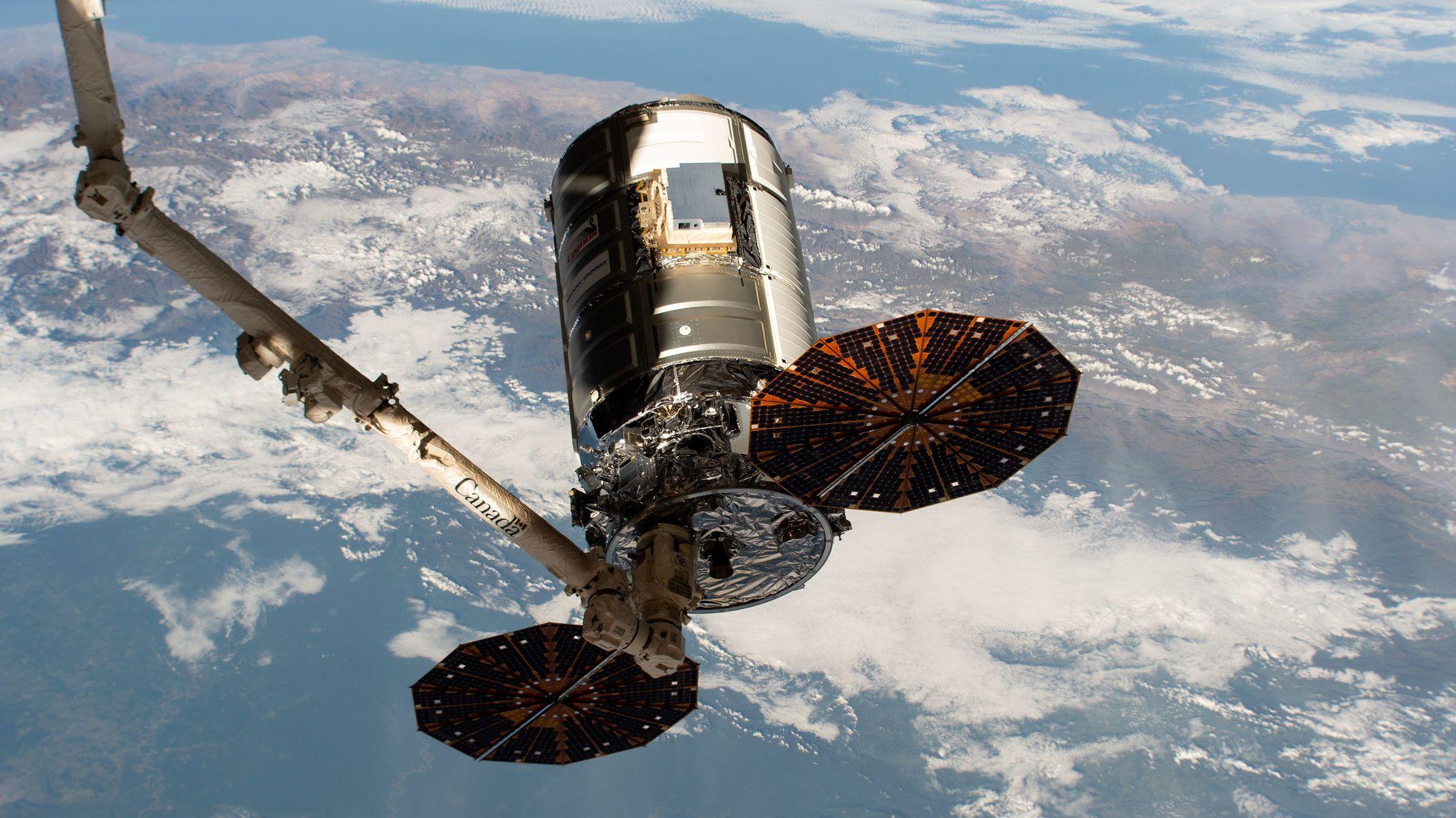
Credit: NASA
CAPE CANAVERAL—Northrop Grumman is halting plans to develop and operate a free-flying commercial space station in low Earth orbit (LEO), and instead will join the Voyager Space-led Starlab program. Northrop was one of four teams to win NASA funding for early development of commercial LEO platforms...
Subscription Required
This content requires a subscription to one of the Aviation Week Intelligence Network (AWIN) bundles.
Schedule a demo today to find out how you can access this content and similar content related to your area of the global aviation industry.
Already an AWIN subscriber? Login
Did you know? Aviation Week has won top honors multiple times in the Jesse H. Neal National Business Journalism Awards, the business-to-business media equivalent of the Pulitzer Prizes.





